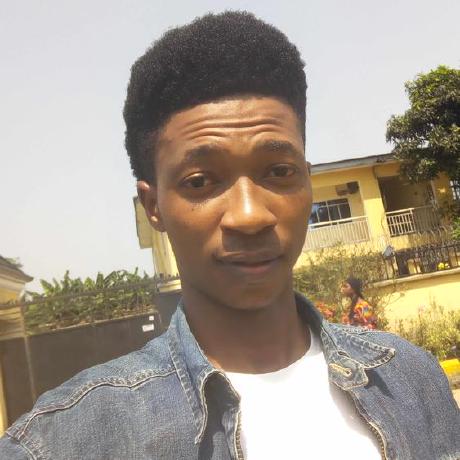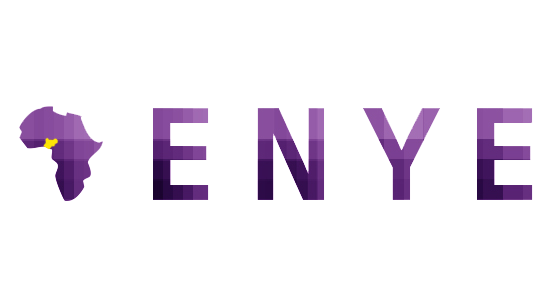How Kelechi Oliver went from learning programming on a board to building out an MVP

How Kelechi Oliver went from learning programming on a board to building out an MVP
Kelechi Oliver was trying to build a car-tracking system with C and C# when JavaScript changed his life
In this conversation, Kelechi Oliver, Enye Cohort 4 alumnus talks about his journey into software engineering, his Enye experience, and how he stays motivated learning and working from home.
You have a Computer Engineering degree. So, advantage, yes?
No. I studied computer engineering in a Nigerian university. It’s not like they were teaching us much. We were taught programming on a board! No debugging! Just copying notes and vibes. It’s YouTube that launched me into actual tech.
I studied computer engineering in a Nigerian university. It’s not like they were teaching us much. We were taught programming on a board! No debugging! Just copying notes and vibes
Lol. Nigeria.
Yeah, it was frustrating. Every important thing I learned, I learned outside of school, while in school. I took some online courses and tried my hands at coding embedded systems ‒ It was mad exciting programming stuff and seeing them actually work for a change.
Front-end dev energy.
Not exactly. But yeah, when it comes to web, I’m a full-stack engineer. Funny, I didn’t even start out with web. It was accidental. I was building a car-tracking system; I had the hardware, but I needed an app. Back then I building things with C++ and C#. I took one look at JavaScript and the rest is history.
Hm. Mere mortals hate JavaScript at first.
Oh, so I didn’t take the linear route to web development. I started out with more difficult languages like C# first. Then I learned Python. So, by the time I got to JavaScript, it was easy.
How long now?
Four years.
Interesting. So Enye, give me the gist. How’d you get in?
Back in 2019, Uche posted in Facebook Dev Circles that he was looking to fill a mentorship role at Enye. I applied, and during the interview, it turned out that I didn’t have nearly enough experience. He encouraged me to apply for Cohort 2. I did but didn’t make it far. I battled with Redux Saga and failed. Cohost 3 came, I failed again.
Wow.
Yeah, I almost failed out of Cohort 4 too. It was such a close one. However, I faced the challenges as if my all depended on it. Worse, we were asked to used TypeScript and I hadn’t used TypeScript before. It was gbas-gbos at first but I forced myself to learn it. I had to ‒ my third time trying, for me, Kelechi Oliver, it was make or break. Super glad that I got in,
Hard skills are great, but the soft skills I honed at the program have greatly impacted me and continue to help raise my game in my current work place.
– Kelechi Oliver
Describe yoru experience in Enye Cohort 4.
I worked as a full-stack engineer on an investment app’s MVP. It was fantastic! Getting to have a feel of the program, building a relationship with product owners, and coming up with practical solutions. Love that it wasn’t just about coding; Enye gave me the step up from a coder to an engineer. Product owners most times don’t actually speak programmers’ language, and so I needed to learn the product’s market value, business owner’s goals, and map out a clear and efficient communication process. Hard skills are great, but the soft skills I honed at the program have greatly impacted me and continue to help raise my game in my current work place.
Got placed from the program?
Yes! In fact, I’d never really gotten much for my dev work prior to the program. I’d built some small apps here and there but never really made money. So yeah, my job placement through Enye was the first time I actually got paid. Getting paid has its way of validating the work you do and motivating you to do more.
What’s it been like learning and working fully-remote?
I’ve come to discover that learning and working are tied together. As new technology gets rolled out every day, for one to excel, they must be self-motivated, must become a long-life learner. This is because ones ability to learn is part of the job, their company may not enforce it on them but they are expect to learn.
And so, my greatest challenge learning and working in a remote environment is time. Most employers do not factor in learning as part of the work process, even though they expect you to learn. So you’ll have to make out extra time for learning. It’s not easy but I’ve not done badly so far. I’ve come to see learning and working as complementary. That while working, I am also learning, and while learning I am improving at work.


